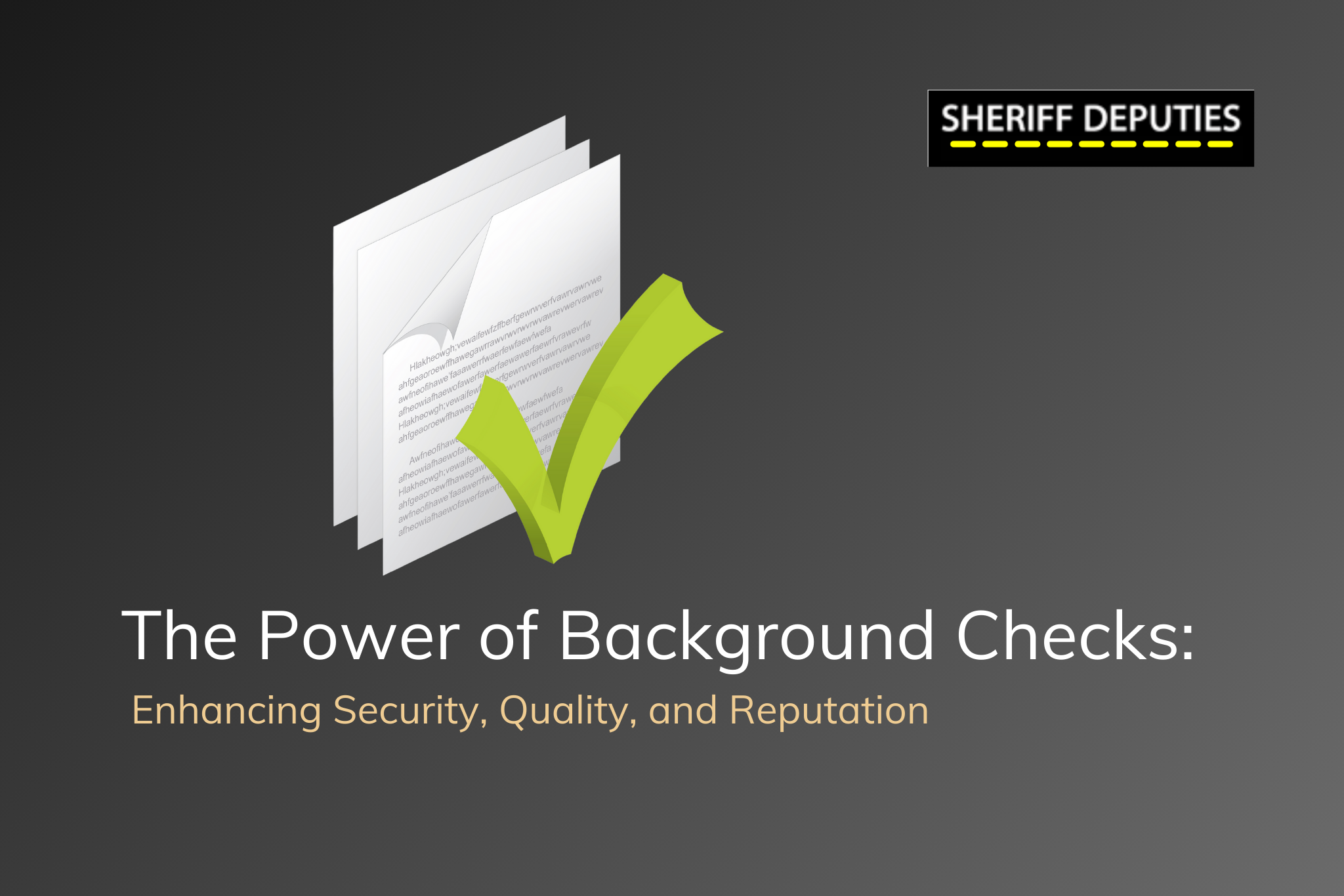In today’s competitive job market, hiring the right candidate is more crucial than ever for businesses seeking to maintain a productive and safe working environment. One essential step in the hiring process is conducting comprehensive employee background checks. This not only ensures that the potential employee is qualified for the position but also helps protect the company from potential risks and liabilities.
The Importance of Employee Background Checks
Firstly, background checks are vital for verifying the accuracy of the information provided by job applicants. Resumes and interviews can sometimes present a polished but incomplete picture of a candidate’s qualifications and experience. By conducting a background check, employers can confirm educational credentials, previous employment history, and other qualifications that are critical for the role.
Moreover, background checks help in identifying any past criminal behavior or other red flags that might pose a risk to the company or its employees. For roles that involve handling sensitive information, finances, or vulnerable populations, this step is particularly crucial. Ensuring the integrity and trustworthiness of employees can prevent instances of fraud, theft, or other misconduct.
The Process of Conducting Background Checks
The process of conducting a background check typically involves several steps:
Permission from the Candidate: It’s important to obtain written consent from the candidate before conducting a background check. This is not only a legal requirement in many jurisdictions but also a sign of respect for the candidate’s privacy.
Verification of Identity and Employment History: This includes checking the candidate’s social security number, previous job titles, dates of employment, and reasons for leaving past jobs. Contacting former employers can provide valuable insights into the candidate’s work ethic and performance.
Educational Verification: Confirming that the candidate has the educational qualifications they claim is essential, especially for roles requiring specific degrees or certifications.
Criminal Record Check: Depending on the nature of the job, a criminal background check may be necessary. This can include national, state, and local records to ensure a comprehensive review.
Credit History Check: For positions that involve financial responsibilities, a credit history check can provide insights into the candidate’s financial reliability and stability.
Reference Checks: Speaking with personal and professional references can offer additional perspectives on the candidate’s character and suitability for the role.
The Benefits of Thorough Background Checks
Conducting thorough background checks offers several benefits:
Enhanced Security and Safety: By identifying potential risks, background checks help create a safer workplace for all employees.
Improved Quality of Hires: Verifying qualifications and past performance ensures that the company hires competent and reliable individuals.
Reduced Turnover: Hiring the right person from the start can lead to greater job satisfaction and lower turnover rates.
Protection of Company Reputation: Ensuring that employees have a clean record helps maintain the company’s reputation and trustworthiness in the eyes of clients and partners.
In conclusion, employee background checks are a critical component of the hiring process that can significantly impact a company’s success and stability. By investing time and resources into thorough background checks, employers can make informed hiring decisions that contribute to a safe, productive, and reputable workplace.

